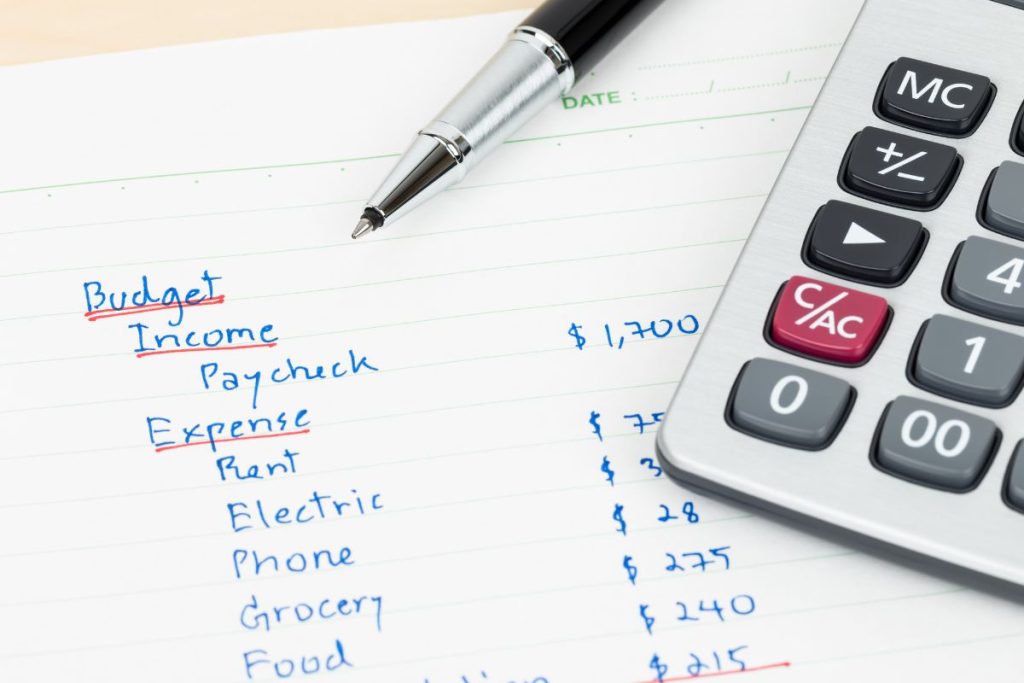Financial literacy is a crucial skill that everyone should possess in order to manage their finances effectively. Unfortunately, it’s not always taught in schools, which can leave young adults ill-equipped to handle their finances in the real world. Did you know that only 17 states require high school students to take a course in personal finance? Next Gen Personal Finance is on a mission to change that by 2030! Let’s explore the benefits of teaching financial literacy in high school and the impact it can have on students’ financial futures.
Disclosure: This post may contain affiliate links, which means we may receive a commission if you click a link and purchase something we have recommended. This commission comes at no additional cost to you. Thank you for all the support. You can read our full privacy policy here.
Why Teach Financial Literacy in High School?
High school is a critical time in a student’s life when they begin to prepare for the future. They are learning valuable skills that will be used throughout their life, such as problem-solving, critical thinking, and communication. However, one area that is often overlooked is personal finance. Here are some reasons why teaching financial literacy in high school is so important.

1. Promotes Financial Responsibility
One of the primary benefits of teaching financial literacy in high school is that it promotes financial responsibility. Students learn how to budget, save money, and manage debt effectively. These skills will serve them well, helping them make informed financial decisions and avoid financial pitfalls.
2. Prepares Students for the Real World
By teaching financial literacy in high school, we prepare students for the real world. When they graduate, they will be able to manage their finances effectively, understand credit, and know how to make informed decisions regarding investing and retirement planning.
3. Reduces Financial Stress
Financial stress is a significant problem for many people, leading to anxiety, depression, and other health problems. By teaching financial literacy in high school, we can help reduce financial stress by equipping students with the tools they need to manage their finances effectively.
4. Improves Economic Mobility
Financial literacy can also improve economic mobility. When students graduate with a good understanding of personal finance, they are more likely to be financially stable and have a higher income. This can help them to achieve their goals and improve their overall quality of life.

What Should Be Taught in a High School Financial Literacy Course?
Now that we’ve established the importance of teaching financial literacy in high school, let’s explore what should be taught in a high school financial literacy course. Here are some key topics that should be covered.
Budgeting and Saving
Students should learn how to create a budget and stick to it. They should also learn how to save money effectively, including strategies for building an emergency fund and saving for long-term goals.
Credit and Debt
Credit and debt are essential topics that should be covered in a financial literacy course. Students should learn about credit scores, credit reports, and managing debt effectively. A critical point for young people to understand is that credit is not “free money” but is borrowed and accrues interest over time.
Investing and Retirement Planning
Investing and retirement planning are critical topics that should be covered in a high school financial literacy course. Students should learn about different investment options, the importance of diversification, and how to plan for retirement. This is especially important because the sooner they start saving for retirement, the better.
Taxes
Taxes are an important part of personal finance, and students should learn how to file taxes and understand how taxes impact their finances and future. Additionally, understanding taxes can help students make informed decisions about their future careers and financial planning, such as the implications of being an employee versus a self-employed individual.
Financial Planning and Goal Setting
Finally, students should learn about financial planning and goal setting. They should know how to set financial goals and create a plan to achieve them.
Teaching financial literacy in high school prepares students for the real world. By promoting financial responsibility, reducing financial stress, and improving economic mobility, we can help students achieve their goals and improve their overall quality of life. By covering topics such as budgeting and saving, credit and debt, investing and retirement planning, taxes, and financial planning and goal setting, we can give students the tools they need to succeed in the real world.
Take a look at our selection of personal finance books and get a better understanding of your monthly finances. Download our Free 5-page Budget Planner below ⬇⬇ and start mastering your finances today!
👉 Want More Expert Tips? Subscribe to our bi-weekly newsletter for the latest updates, insights, and valuable resources tailored just for you. Subscribe Now










